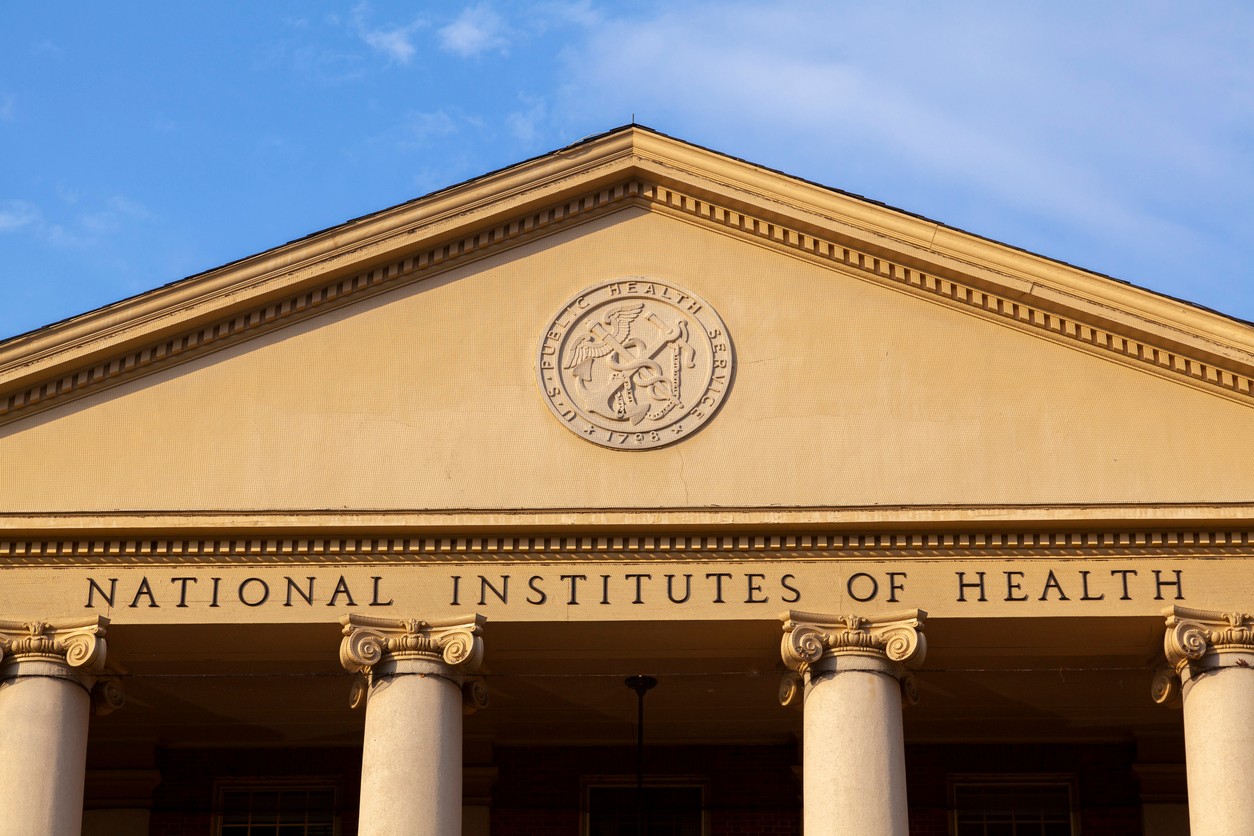
The Hill: NIH funding cuts imperil lifesaving drugs and US prosperity
Professor Jennifer S. Bard, University of Cincinnati College of Law, recently co-authored an opinion editorial for The Hill concerning the health and economic benefits of National Institute of Health (NIH) funding and the societal impact of reducing its funding. The editorial, co-authored by Professor Lawrence Gostin, O’Neill Institute for National and Global Health Law at Georgetown University and Director of the World Health Organization Center on Global Health Law, explained what the co-authors believe to be the critical importance of government funding to the work of the NIH, the historical success of the NIH’s work supported through government funding, and the potentially negative impact of a loss of funding, particularly to support vital clinical studies.
Wrote the authors, “The NIH funds basic “high-risk and pre-commercial research” that no private capital venture or pharmaceutical company would invest in due to the long horizon for finding cures. Across the board — from Alzheimer’s disease to cancer and heart disease — NIH’s funding of basic research has turned out to be a spectacularly successful investment.”
They noted that a recent study found that the NIH supported 354 out of 356 drugs approved from 2010-2019. “That means that most of the lifesaving medications we take for granted today would not have been possible without the NIH.”
The authors go on to discuss the impact of funding reduction, including decimating biomedical research, the potential job loss for thousands of highly trained researchers, and the negative impact on patients currently enrolled in clinical trials who would lose access to those cutting-edge treatments.
Concluded Bard and Gostin, “The NIH funding model has made the U.S. the world’s science superpower and our universities the premier destination for students from every nation. Slashing NIH funding will not save money, but it will unravel a biomedical system that has powered our economy and protected our population for generations.”
Read the entire editorial here: NIH funding cuts imperil lifesaving drugs and US prosperity
Learn more about Professor Jennifer S. Bard and her scholarship.
Learn more about Professor Lawrence Gostin and his scholarship.
Lead photo: instockphoto.com
Related Stories
Before the medals: The science behind training for freezing mountain air
February 19, 2026
From freezing temperatures to thin mountain air, University of Cincinnati exercise physiologist Christopher Kotarsky, PhD, explained how cold and altitude impact Olympic performance in a recent WLWT-TV/Ch. 5 news report.
Blood Cancer Healing Center realizes vision of comprehensive care
February 19, 2026
With the opening of research laboratories and the UC Osher Wellness Suite and Learning Kitchen, the University of Cincinnati Cancer Center’s Blood Cancer Healing Center has brought its full mission to life as a comprehensive blood cancer hub.
Generous gift supports renovations to UC Blue Ash Veterinary Technology Building
February 18, 2026
A longstanding relationship between Greenacres Farm in Indian Hill and the Veterinary Technology Program at UC Blue Ash College has led to a generous gift that will support a major renovation project.
